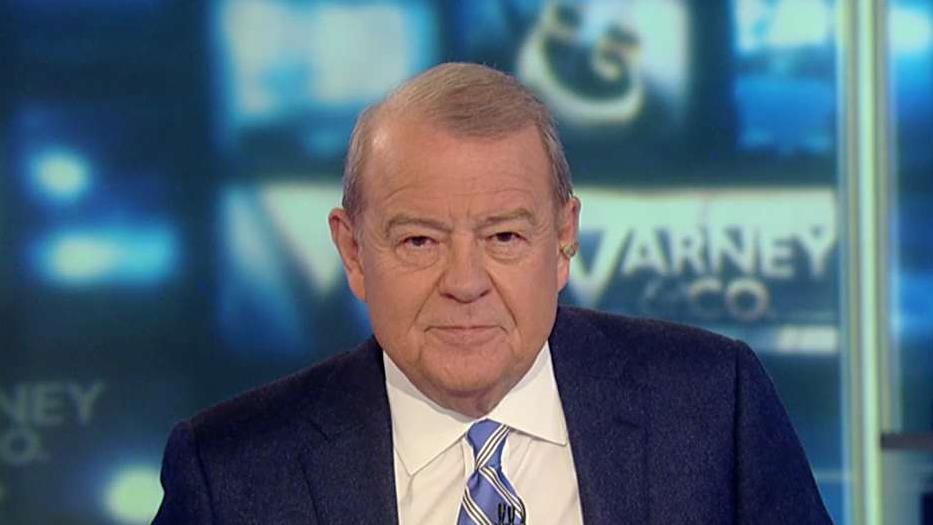Sanders' wealth tax to dent GDP more than Warren's, but rake in more revenue: Analysis
As opposed to taxes levied on income and payrolls, a wealth tax would target the value of accumulated assets owned by rich Americans
Independent Vermont Sen. Bernie Sanders’ proposal to tax the assets of the nation’s wealthiest individuals would reduce economic growth more than a plan unveiled by his rival for the 2020 Democratic nomination Massachusetts Sen. Elizabeth Warren, but generate more revenue, a new study found.
Sanders’ proposal would cause economic growth to fall by 0.8 percent in 2030, 1 percent in 2040 and 1.1 percent in 2050, according to new research released by the University of Pennsylvania’s Wharton School Budget Model. Average hourly wages would also decline due to a reduction in private capital formation.
The group previously estimated that Warren’s wealth tax would cause GDP to fall by 0.7 percent in 2030, and 0.9 percent in both 2040 and 2050.
ELIZABETH WARREN PLANNING WEALTH TAX ON AMERICA’S RICH
As opposed to taxes levied on income and payrolls, a wealth tax would target the value of accumulated assets owned by rich Americans – or their net worth.
Sanders’ wealth tax would be imposed on married couples with a net worth of $32 million or more – and individuals with at least $16 million. Rates, beginning at 1 percent, would reach as high as 8 percent for married couples with $10 billion or more worth of assets (individuals with $5 billion).
The plan aims to cut in half the wealth of billionaires over the course of 15 years.
TAX SEASON 2020: THE IRS' BIGGEST PROBLEMS AND HOW THEY MAY AFFECT YOU
The study notes that the tax would discourage wealthier households from accumulating as many assets – leading to a 2.9 percent decline in total capital stock in 2050.
“Workers become less productive as a result of the decline in capital, leading to a 1 percent decline in wages by 2050,” researchers wrote.
Sanders estimates his tax would raise $4.35 trillion over the course of the decade. However, researchers estimate that it would actually raise less – between $2.8 trillion and $3.3 trillion.
CLICK HERE TO GET THE FOX BUSINESS APP
Researchers had previously forecast that Warren’s proposal would raise between $2.3 trillion and $2.7 trillion through 2030.
Warren’s wealth tax – the version modeled by Penn Wharton – would apply to "ultra-millionaires," or those with more than $50 million in assets. The tax would be equal to 2 percent, but would rise to 3 percent for those who have assets valued at more than $1 billion.
CLICK HERE TO READ MORE ON FOX BUSINESS
“On a macro level [the effects are] largely the same, but Sanders' gets more revenue,” Penn Wharton Budget Model Director of Policy Analysis, Rich Prisinzano, told FOX Business.




















